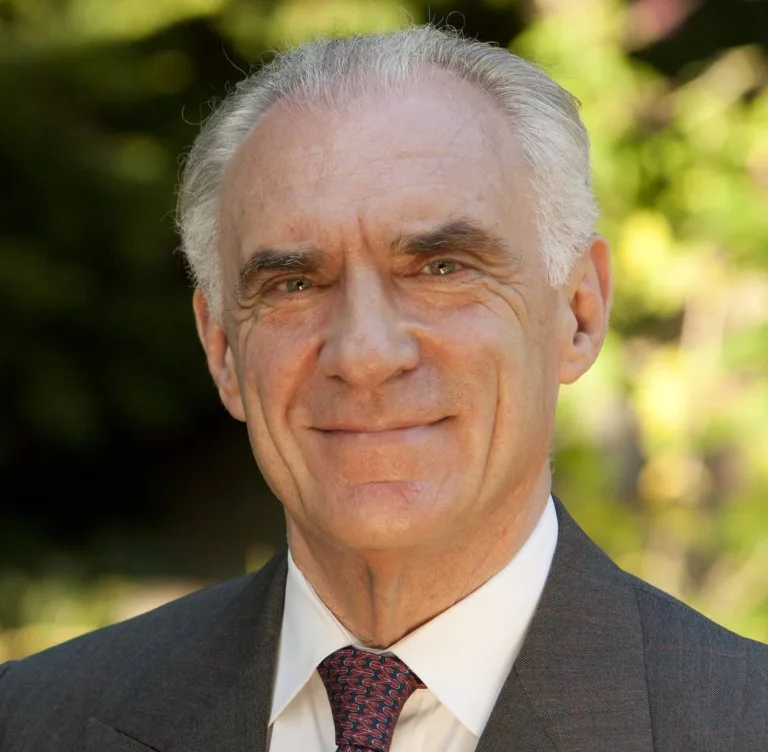None of us could have expected a pandemic virus. Yes, I know it was inevitable, but it is human nature, ironically, a survival technique, to not expect and prepare for global disaster. I have thought, especially during times of work stress, about how lovely it would be to be in isolation for a month or two; time to rediscover the creative hobbies of my teens, time to bond with family beyond the limited offer of a weekend, time to enjoy the lost art of solitude. Instead, stress and anxiety consume much of our time, and while there are many things that we cannot control during this unprecedented time, some of the following strategies are things we can control, and thus may make this time a little more bearable, and even valuable.
1. TRANSLATE: Frame your current circumstance as an opportunity to not only protect yourself, but to adapt, grow and protect others. While practicing gratitude is an extremely simple exercise, it can be powerful in reducing anxiety. Make it a game by trying to see everything (no matter how worrisome or negative) as a positive. Reframing adversities into a positive context has been proven to have immediate physiological benefits in a person’s mental state. Understanding personal strife as part of a communal experience can also reduce its potency of perceived threat.
2. ESTIMATE: Use anchoring to manage anxiety and stop panic attacks. In a time of social panic, it’s key to sort factual truth from sensationalism by using statistics and tangible evidence to ground the mind and manage anxiety. This technique is grounded in science. Using numbers and concrete facts activates the parasympathetic nervous system and calms the emotional centers of the brain that can hijack your thinking.
3. ALLOCATE: Schedule your day to provide predictability and balance to your day’s activities. This strategy is not meant to optimize your productivity. Instead, creating routines is used to treat anxiety, insomnia and stress, acting as a sort of sedative to your brain. When feeling trapped inside by a national emergency such as the coronavirus, a sense of empowerment over routine is critical.
4. MEDITATE: Practice mindfulness techniques, particularly simple meditation routines, to dramatically reduce stress and anxiety. Researchers at Johns Hopkins recently sifted through 19,000 studies on meditation and found consensus that meditation addresses psychological stress, anxiety, depression, and pain. Integrating just five to ten minutes a day of a regular routine with an app like headspace can be a great tool your life. Guided imagery is another relaxation technique proven by science to improve your health (e.g. lower blood pressure. reduce levels of stress hormone (cortisol), reduce pain). Guided imagery incorporates sensory (e.g. taste, sound, smell, sensation) and visual positive mental images to create a sense of well-being. Think about this technique as “going to your happy place(
5. CULTIVATE: Take this opportunity to nurture relationships, develop new skills, rediscover hobbies and institute healthy habits. During this period of social distancing, it can be a terrific opportunity to do those things that you’ve been putting off due to our high-intensity pace of life. Read the books on your bedside table. Take up a musical instrument. Develop an exercise routine. Play board games with your family. Now’s the time to slow down, set personal goals, institute new habits and develop new skills that will last you a lifetime.
Be sure to contact a mental health professional experienced in treating anxiety disorders if you or a loved one is experiencing pronounced anxiety symptoms such as loss of sleep, loss of appetite, constant worrying or rumination about the future, feelings of panic or shortness of breath, and/or physical symptoms such as stomach pain, headache, or fatigue.
ABOUT THE AUTHORS:
One of the nation’s leading interventionists, Dr. Dan Villiers has educated, motivated, and inspired more than 800 families to pursue treatment for their children with acute anxiety, OCD and trauma. At the forefront of developing specialized anxiety treatment programs for school-aged children, Dr. Villiers co-founded the Anxiety Institute, a Greenwich-based organization offering an Intensive Day Program for anxious adolescents and young adults, and Mountain Valley Treatment Center, the first non-hospital residential anxiety program in the United States. “Having struggled with debilitating social anxiety and panic disorder throughout high school and college,” said Dr. Villiers, “my life has been dedicated to raising awareness about the widespread impact of anxiety, reducing the shame of those suffering from anxiety disorders, and eliciting commitment for treatment.”
Alexander Merrill has taught English, coached, and dorm-parented for nearly 20 years at Dartmouth College, The King School, Kingswood-Oxford, Philips Andover and The Taft School. He is an expert at the college application process, including college essay writing, standardized test preparation, and the recommendation process. He has tutored hundreds of adolescent teens and young adults from middle school through college level on all spectrums, behaviorally and academically. He attended Philips Exeter Academy, and received an undergrad degree from Kenyon College and a Masters Degree from Dartmouth College. He lives in Middlebury, CT with his three rugrats and wife, Alexa.
ABOUT ANXIETY INSTITUTE:
Anxiety Institute in Greenwich, Connecticut and Madison, New Jersey provides specialized treatment for adolescent and young adults suffering with anxiety disorders, OCD and Trauma, along with other issues often associated with anxiety including school refusal, perfectionism, procrastination, and insomnia. Using proven, evidence-based therapies, our model integrates Exposure Therapy with Cognitive Behavioral Therapy to help clients increasingly face, elicit, and experience anxiety to develop the grit needed to conquer anxiety, the resilience to regulate mood, and the courage to foster independence. www.anxietyinstitute.com





